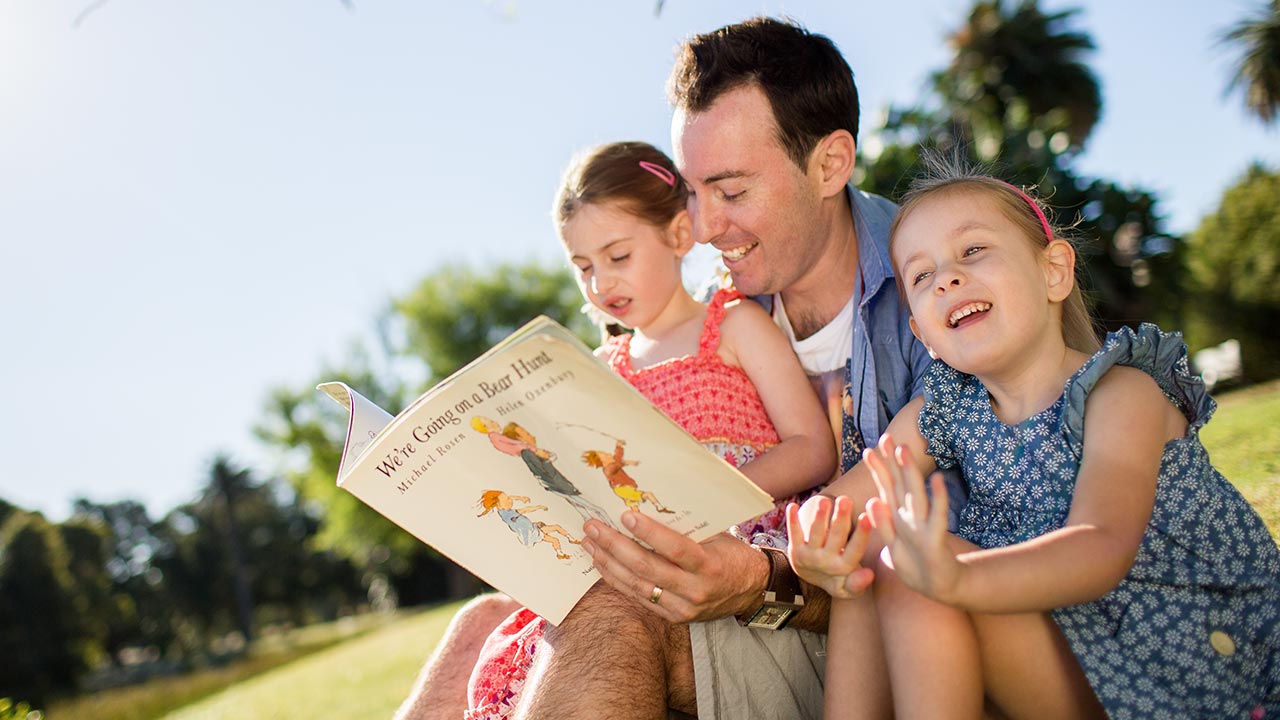Many children find it difficult to read words of more than one syllable length. They can often sound out or decode short, simple words but really find those longer words tricky. ‘Ambulance’….’ridiculous’…..’incredible…..’vacation’….These words just baffle many of the children on our caseload at Learn2Communicate.
Some will attempt to guess words after sounding out the first few sounds. Others will take one look at the word as a whole and substitute a word that has a similar visual appearance or a word that ‘fits’ semantically into the sentence and seems to make sense. Sadly, some children will seemingly have no strategies at all to bring to the task of decoding longer, multisyllabic words and will really shut down when confronted with these tasks. These difficulties limit a child’s access to texts but also significantly reduce the likelihood of them becoming, successful readers and writers in the future.
Learning to successfully decode multisyllabic words takes a considerable amount of time for all children to develop and involves several skills that integrate over many years. Knowledge of the links between speech sounds and the spellings or graphemes that represent these sounds is not enough on its own to successfully decode a multisyllabic word. Children need to firstly possess well developed automatic or fluent reading skills at the simpler levels of decoding; this is, they must be able to decode words of one syllable quickly and effortlessly. If children are still finding words like ‘bus’ ‘rig’ ‘frog’ ‘stamp’ and ‘clash’ even slightly challenging, then they are really going to stumble when it comes to reading and spelling longer words. For these children, they need a diet of CVC CCVC and CVCC (where C = consonant and V = vowel) practice at word, sentence and text level reading and writing in order to develop accuracy and automaticity. Ideally, instruction for these children (and indeed all children) should also include an explicit focus upon developing phonemic awareness. Our Ready Readers programme for preschoolers aims to develop these crucial precursor skills from the earliest years.
Once children can accurately and effortlessly reading CVC CCVC and CVCC words, it is time to target longer words. One of our current high school aged clients is really finding his regular speech pathology sessions far more motivating, now that we can target the longer words that align with his specific interests in science and geography. Others have enjoyed learning how to say, read and spell the names of their favourite NRL teams and players! We find that, for older children with reading and spelling difficulties, targeting these longer words is a must to keep them motivated and feeling like they are indeed tackling ‘hard stuff’ rather than working on what they know is designed for much younger children.
When working on decoding longer words, we use a simple 3 step process. There are a plethora of word lists available for use. We love these https://www.teacherspayteachers.com/Product/Multisyllabic-Word-Lists-and-Multisyllabic-Games-Year-Long-Decoding-Strategies-6369791
Once you have worked through the 3 Steps you can then draw your child’s attention to aspects of morphology (root words, prefixes and suffixes). In doing this, you are really going to boost vocabulary knowledge and growth but that sounds like a great blog topic for another day….
Our older children are loving this approach. Yes, it is drill like and repetitive but we find that our children actually seem to enjoy this aspect of the intervention and really do respond well to the 3 Step process. Better still, our children are often even more motivated when they realise that they finally have a successful strategy to make sense of words that have previously only baffled them. The repetition of mapping speech sounds to spellings assists in gradually building not only accurate word reading and spelling but greater fluency and ease when reading longer words.
Give it a shot this week and witness that curtain into literacy gradually start to open a little wider for your struggling child or student.





